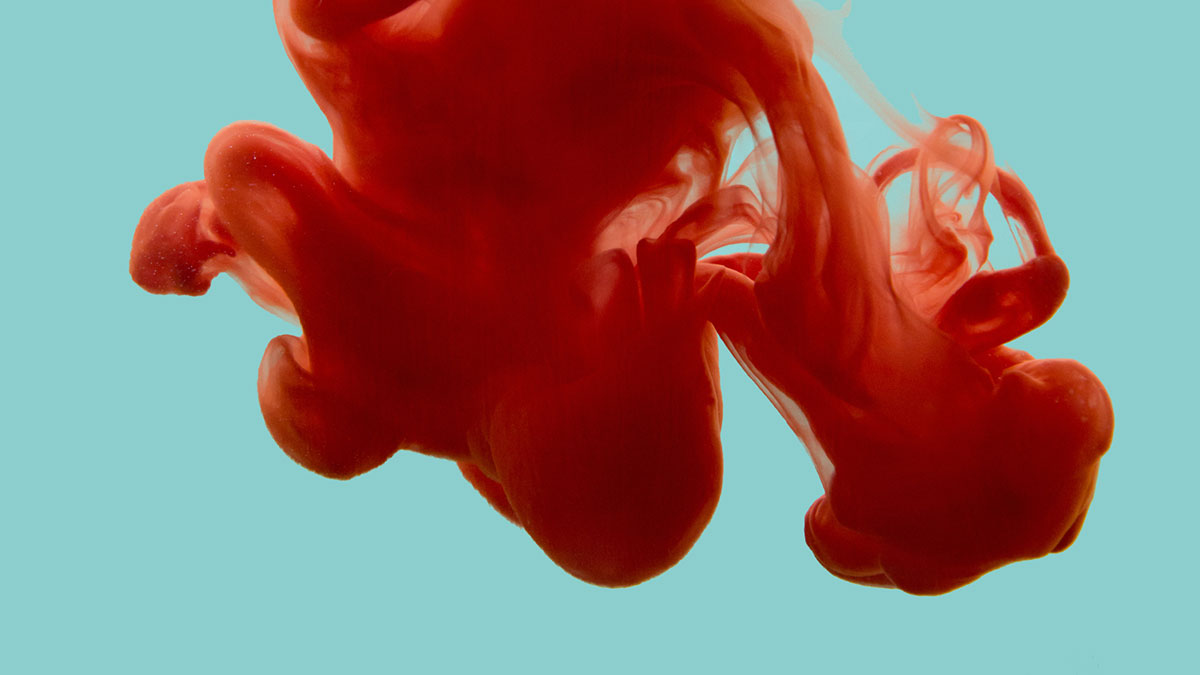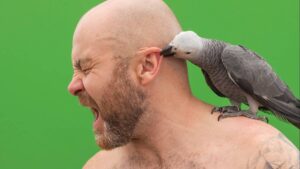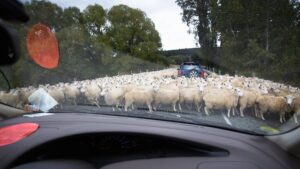Lower sales lead to red ink for probiotic maker Bioxyne

Red ink ... Picture: Getty
Nutritional supplement maker Bioxyne has swung to a full-year loss, blaming lower sales and a range of other factors.
Bioxyne (ASX:BXN), which has a patented probiotic strain, swung from a $224,000 profit last year to a $766,000 loss.
“Lower sales, a clinical trial, product repositioning costs and the transaction costs of the acquisition of the New Zealand and Malaysian businesses impacted on the result,” it said.
The clinical trials and the acquisition of direct selling companies Global Treasure New Zealand, New Zealand Nutritional Research Institute and Pan Global Treasure Malaysia added over $1 million to expenses.
It also wrote off an investment in California pharmaceutical R&D company Mariposa Health by $325,000, and watched revenues slip from $1.9 million in 2016 to $1.8 million this year.
“Sales revenues, which, as in previous years, were primarily attributable to sales of our proprietary probiotic to NuSkin, were down 7.16 per cent on the prior year.
“This was largely due to a strengthening in the Australia dollar during the year,” Bioxyne said in the full year report.
“Sales of these products into China via QBID were delayed by the repackaging decision.”
Chairman Tony Ho says there were some headwinds over the past year, but he says the extra spending will start to bear fruit.
Data from the clinical trials will be ready in November and he’s positive about the benefits of direct selling as a medium for getting Bioxyne’s probiotic products in front of customers.
“Our share price is slowly creeping up as more and more of our shareholders are aware of the traction of direct selling,” Mr Ho told Stockhead.
“At the moment our major customer is NuSkin in America. NuSkin use our probiotics strain to market their own range of probiotics products through multilevel direct selling.”
(At least one investor bought the reasoning, pushing Bioxyne’s thinly traded shares up 8 per cent to 2.7c with an $837 trade for 31,000 shares.)
Mr Ho doesn’t think China is behind the slow return of Bioxyne’s shares to above 2c, after a dramatic fall in May following a capital raising at 1.9c.
While the company is making a small number of sales via direct marketing networks such as JD, it will take six to 12 months to register the company’s proprietary probiotic, lactobacillus fermentum (PCC), in China.
The capital raising was followed by the appointment of a new CEO and managing director, direct sales specialist Nam Hoat Chua, and New Zealander Maxwell Parkin as a director to the board of five.
UNLOCK INSIGHTS
Discover the untold stories of emerging ASX stocks.
Daily news and expert analysis, it's free to subscribe.
By proceeding, you confirm you understand that we handle personal information in accordance with our Privacy Policy.








